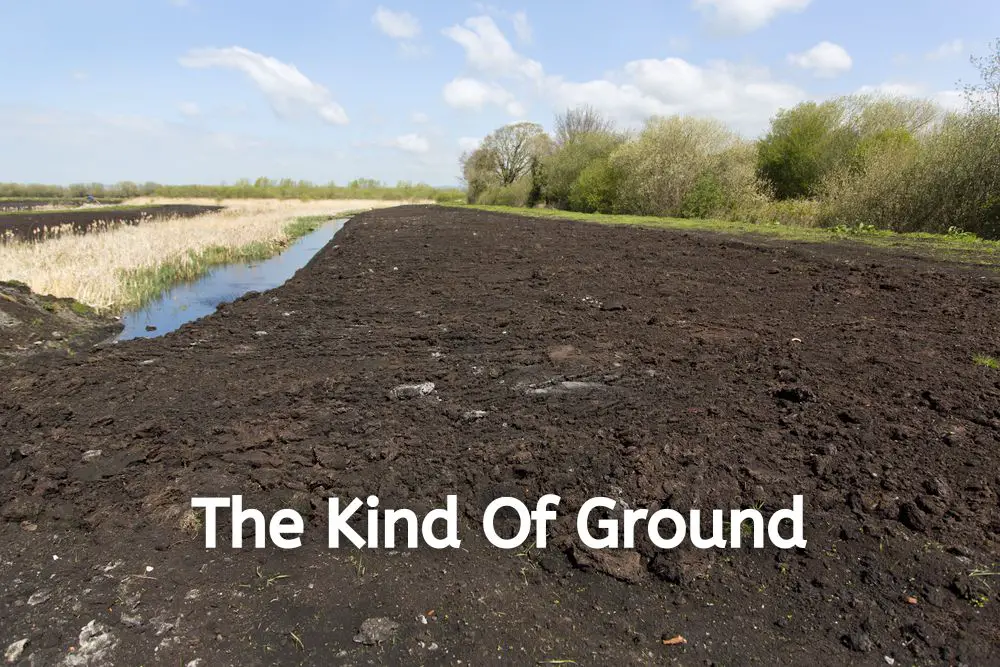
Road bikes offer an agile, weightless and speedy mode of transportation. However, riding on grassy terrain can prove challenging. Many wonder about the safety of riding a road bike on grass.
Generally, road bikes are not recommended for traveling over grass. However, in some emergency situations, certain factors such as tire type, grass condition, and weather can increase the chances of safely traversing grassy terrain.
Are you curious about the circumstances that would make riding a road bike on grass possible? You have come to the right place! This article will examine the various factors that affect a road bike’s performance on grass and identify safe situations for doing so.
Table of Contents
Is It OK To Ride A Road Bike On Grass?
Typically, road bikes(on Amazon) excel in functionality on hard surfaces such as roads or pavements. Nevertheless, situations may arise where you need to take a short detour over grass. Is this a safe practice?
The answer is somewhat complex. If possible, it is best to avoid riding a bike on grass. However, for brief periods, some situations permit the easy movement of a bike over grass. Nonetheless, it is worth noting that a road bike is not ideal for prolonged travel on grass, as it is not designed for uneven terrain.
What factors influence the movement of a road bike on grass?
Why do road bikes perform poorly on grass? Are there situations in which they can handle grass well? In this section, we will examine the various factors that affect a road bike’s movement on grass and identify circumstances where some off-road diversion is possible.
1. Bike Tires

The type of bike tires used is a significant factor in a bike’s ability to traverse various surfaces. Road bike tires are designed for smoother pavements and roads, and are made with hard rubber material and minimal treading impact on the ground. As a result, road bike tires offer less grip on the ground and are not recommended for grassy terrain.
However, tire width can also play a role. Wider bike tires can provide a better grip on the ground than narrower options, as they have more contact with the grass. Nonetheless, even with wider tires, extended travel on grass can still pose a risk. It is best to limit trips on grass surfaces to short periods to ensure safety.
2. The Kind Of Ground

Assessing the type of ground is another way to determine if a road bike can handle grassy terrain. Hard, level, and dry ground can be managed by a road bike for a short period of time, as road bikes function best on hard surfaces. However, if the ground is too soft, maintaining balance is difficult as the tires cannot grip the surface and adapt to uneven terrain. Soft ground can cause the tires to sink, making it challenging to control the bike.
Lastly, the objects on the ground should be taken into consideration. Short, level grass is ideal, but grass can often conceal obstacles such as small rocks, pebbles, and holes in the ground. When traveling on grass, caution is necessary.
3. The Weather Conditions

If you’re considering taking your bike off-road, it’s important to take the time to assess the weather conditions in the area beforehand. The ground and surface can vary greatly between different seasons, which can make all the difference between a successful ride and a crash.
In areas where it has rained recently, the ground will not only be soft but also slippery due to mud. In such conditions, it’s highly likely that a road bike will slip and cause you to fall if you attempt to ride it.
Similarly, when it’s snowing or there is ice on the ground, it can be extremely hazardous and difficult to maintain your bike’s grip on the path. It’s therefore advisable to plan your off-road excursions during dry spells, when there’s no sign of rain and the grass is dry.
To ensure your safety and make the most of your off-road bike journey, always consider the weather conditions beforehand and plan accordingly.
Is It Possible to Ride my Road Bike on Gravel?
Using a road bike on gravel for extended periods is generally not advisable, as the wheels may not be wide enough to navigate the surface safely and are prone to puncturing.
Nevertheless, you can make your road bike more suitable for riding on gravel by replacing the narrow wheels with specialized gravel tires. This will provide you with better traction and stability on the gravel surface, making it easier and safer to ride for longer periods.
To Summarize
It’s important to keep in mind that road bikes are not typically designed for efficient use on grass, as the name suggests. However, under certain favorable conditions – such as using a wide tire with good grip, riding on dry and level ground, and with no signs of rain – you can still take your road bike off-road.
We hope that this information has provided you with useful guidance for navigating your road bike better. Always prioritize safety above all else when taking your bike off the beaten path.
Related Q&A

Can a road bike be ridden on grass?
Yes, but it may not be the best experience for the rider.
What are the challenges of riding a road bike on grass?
The terrain can be unpredictable, and the narrow tires may struggle to gain traction.
Is it safe to ride a road bike on grass?
It can be safe as long as the rider is experienced and takes precautions, such as lowering tire pressure and adjusting their riding style.
Can riding a road bike on grass damage the bike?
It is possible, as the grass may contain hidden obstacles that can cause damage to the tires or frame.
What kind of road bikes are suitable for riding on grass?
Road bikes with wider tires and a more relaxed frame geometry may be better suited for grass riding.
Can a road bike handle off-road terrain?
It may be able to handle some off-road terrain, but it is not designed for that purpose and can be less effective than a mountain bike.
How should a rider adjust their riding technique when riding a road bike on grass?
The rider should keep their weight back, use a lighter touch on the brakes, and maintain a consistent pedaling speed.
What are some benefits of riding a road bike on grass?
Grass riding can provide a fun and challenging workout, and can help develop bike handling skills.
Should beginners attempt to ride a road bike on grass?
It is not recommended for beginners, as it requires more experience and skill than riding on pavement.
What should a rider consider before riding a road bike on grass?
The rider should consider the condition of the grass, the weather, their own experience level, and any potential risks or obstacles that may be present.








